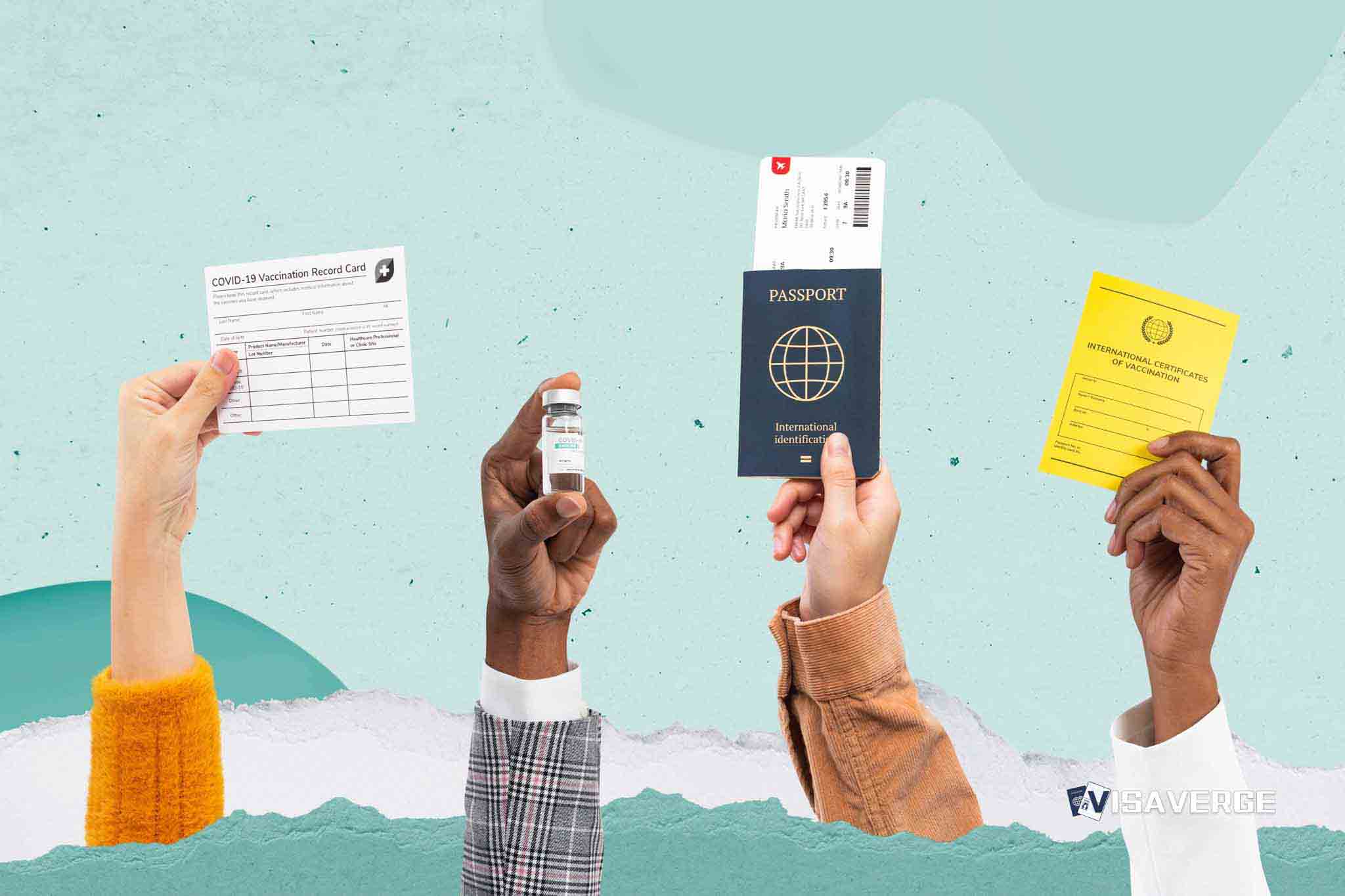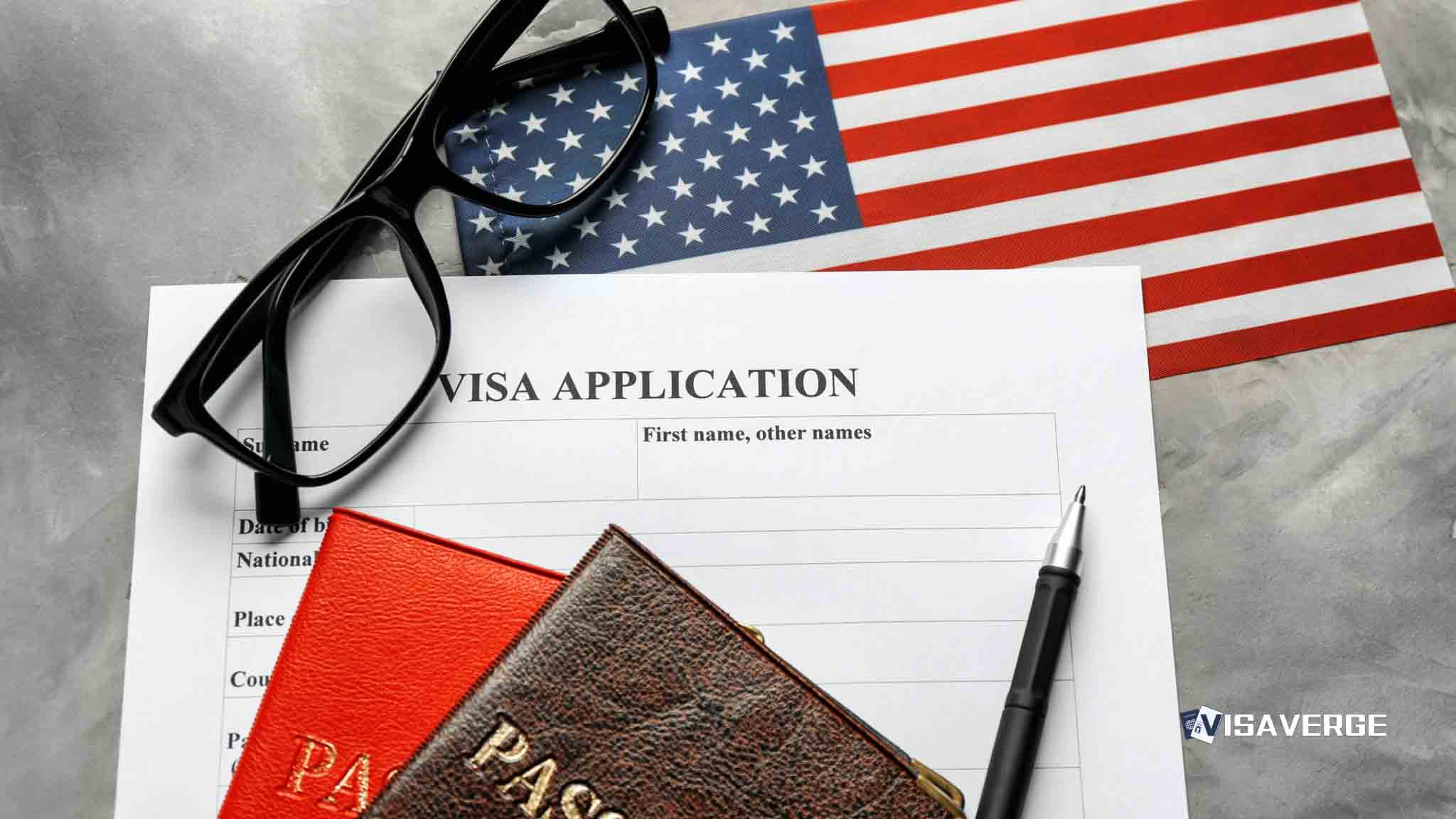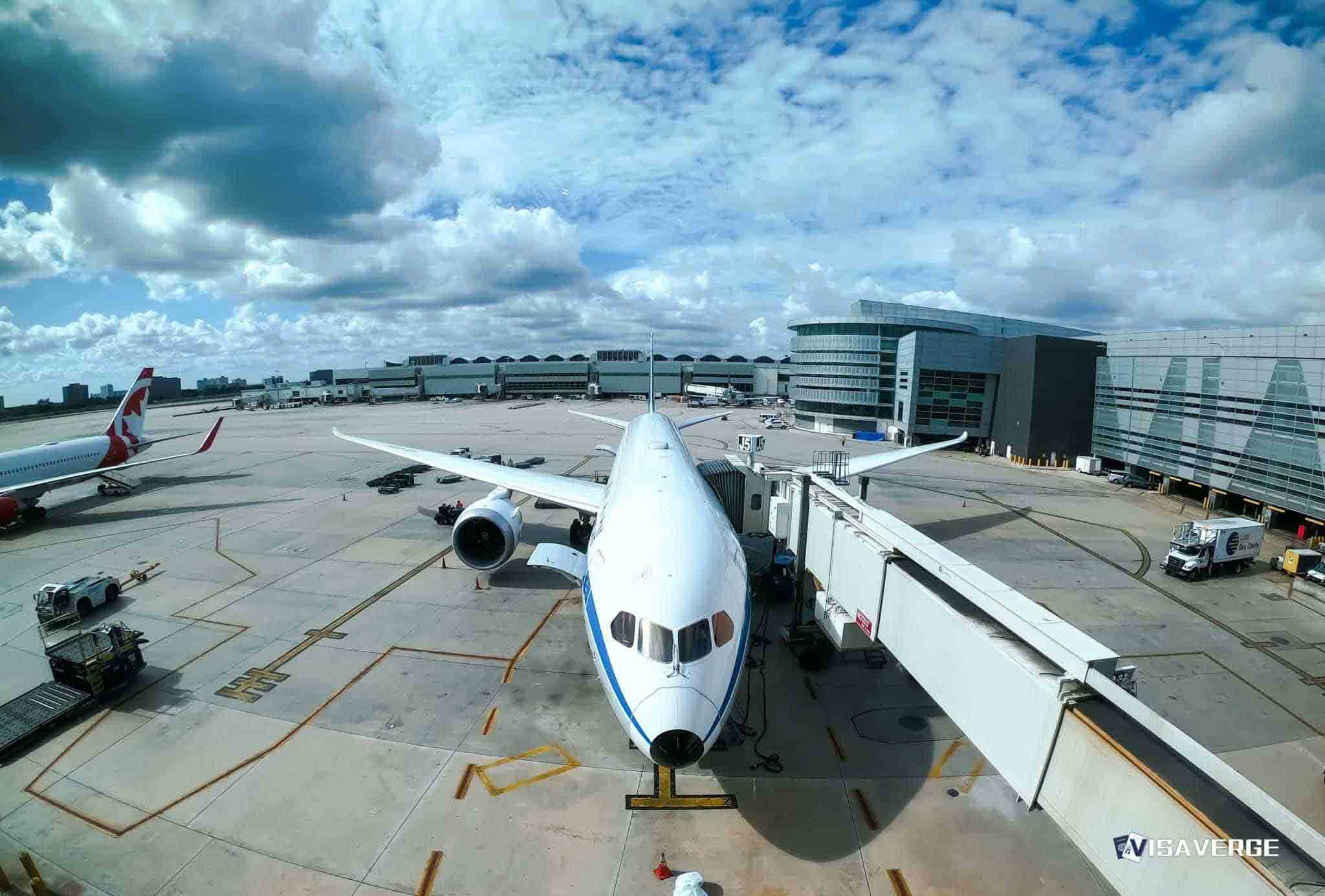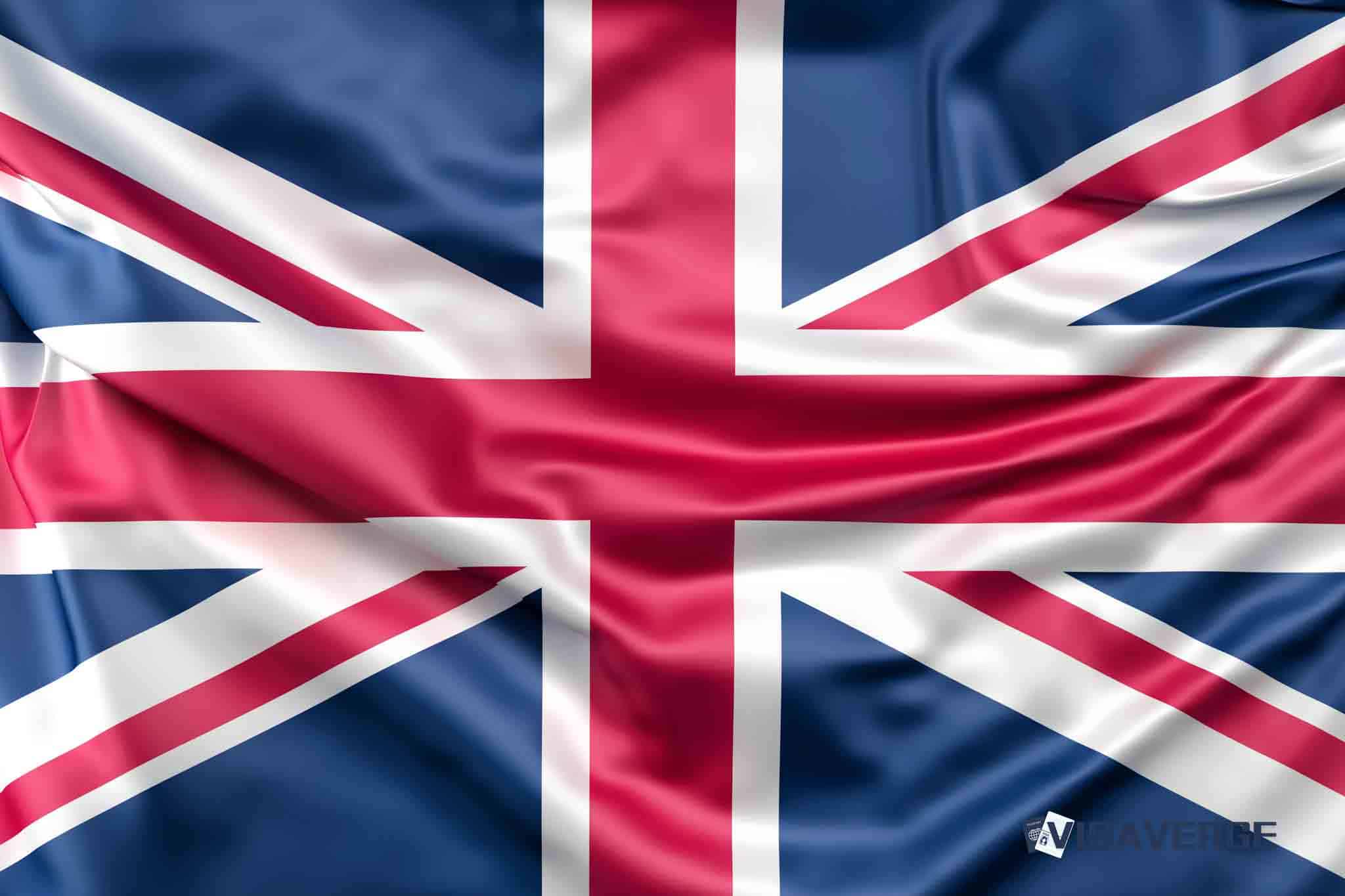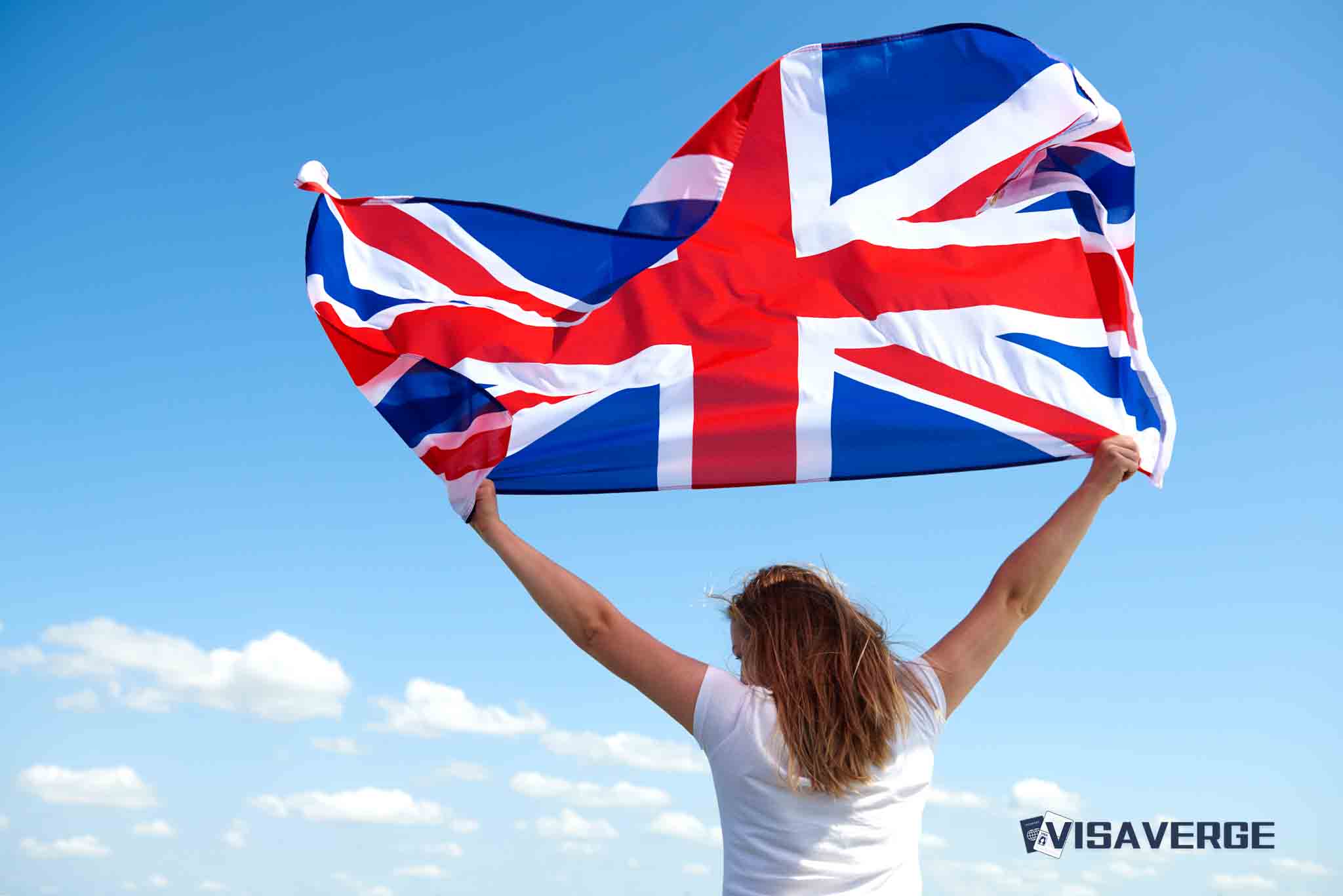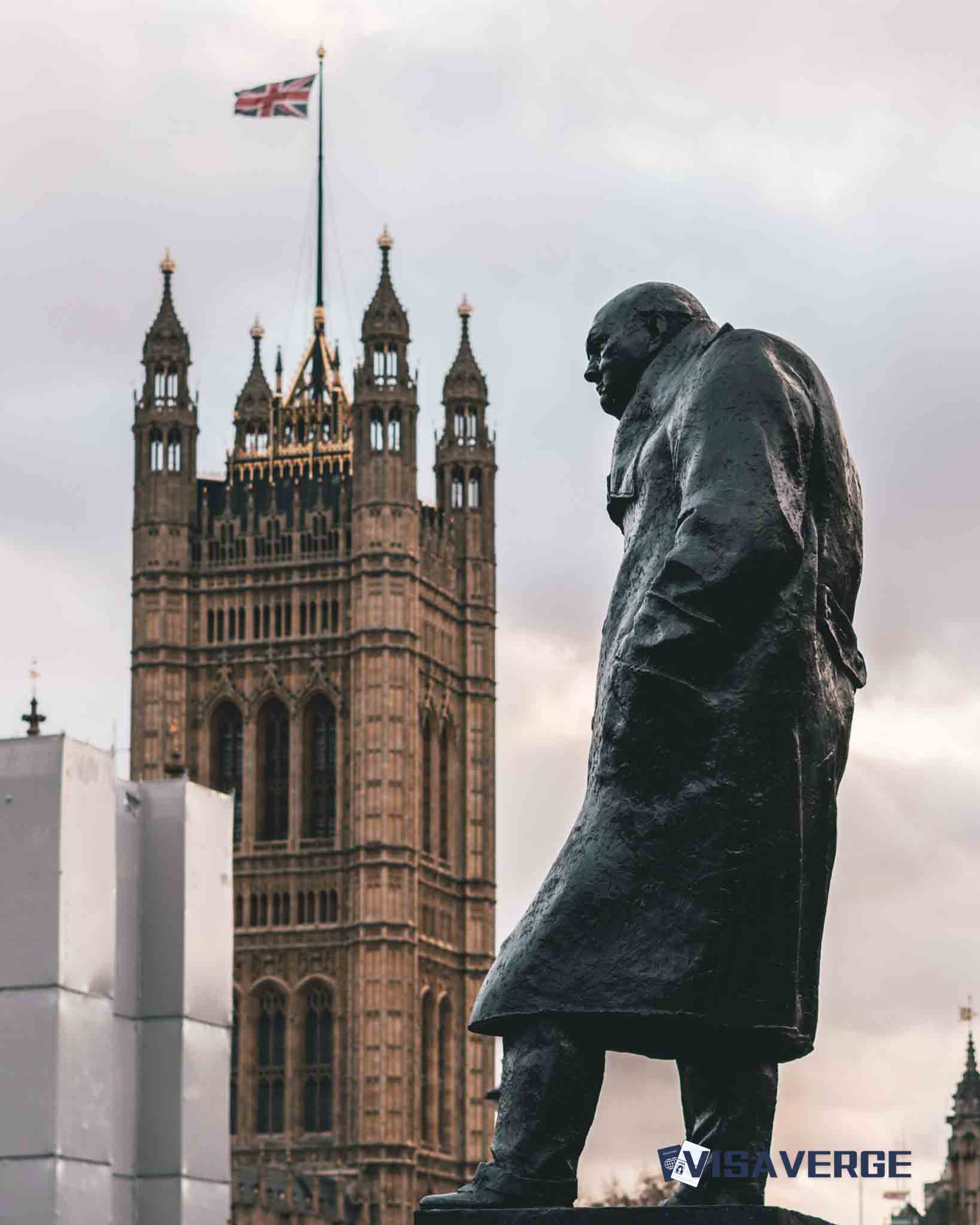Key Takeaways
• UK discusses offshore ‘return hubs’ for failed asylum seekers with Albania, Serbia, Bosnia and Herzegovina, and North Macedonia.
• Return hubs differ from the scrapped Rwanda plan by targeting only failed asylum seekers after all legal appeals are exhausted.
• Albania publicly rejected hosting UK’s return hubs; no country’s agreement confirmed yet, complicating swift implementation of the policy.
The UK government has started talks with several countries to set up offshore “return hubs,” a move that could completely change how failed asylum seekers are handled. Led by Prime Minister Keir Starmer, this new approach comes as the Labour government aims to tackle high levels of irregular migration to the United Kingdom 🇬🇧, especially the record pace of small boat crossings in the English Channel this year. While the plan is still in the early stages, it marks a big shift in immigration policy and could affect thousands of people caught in the UK’s asylum process.
What Are ‘Return Hubs’ and Why Are They Being Proposed?
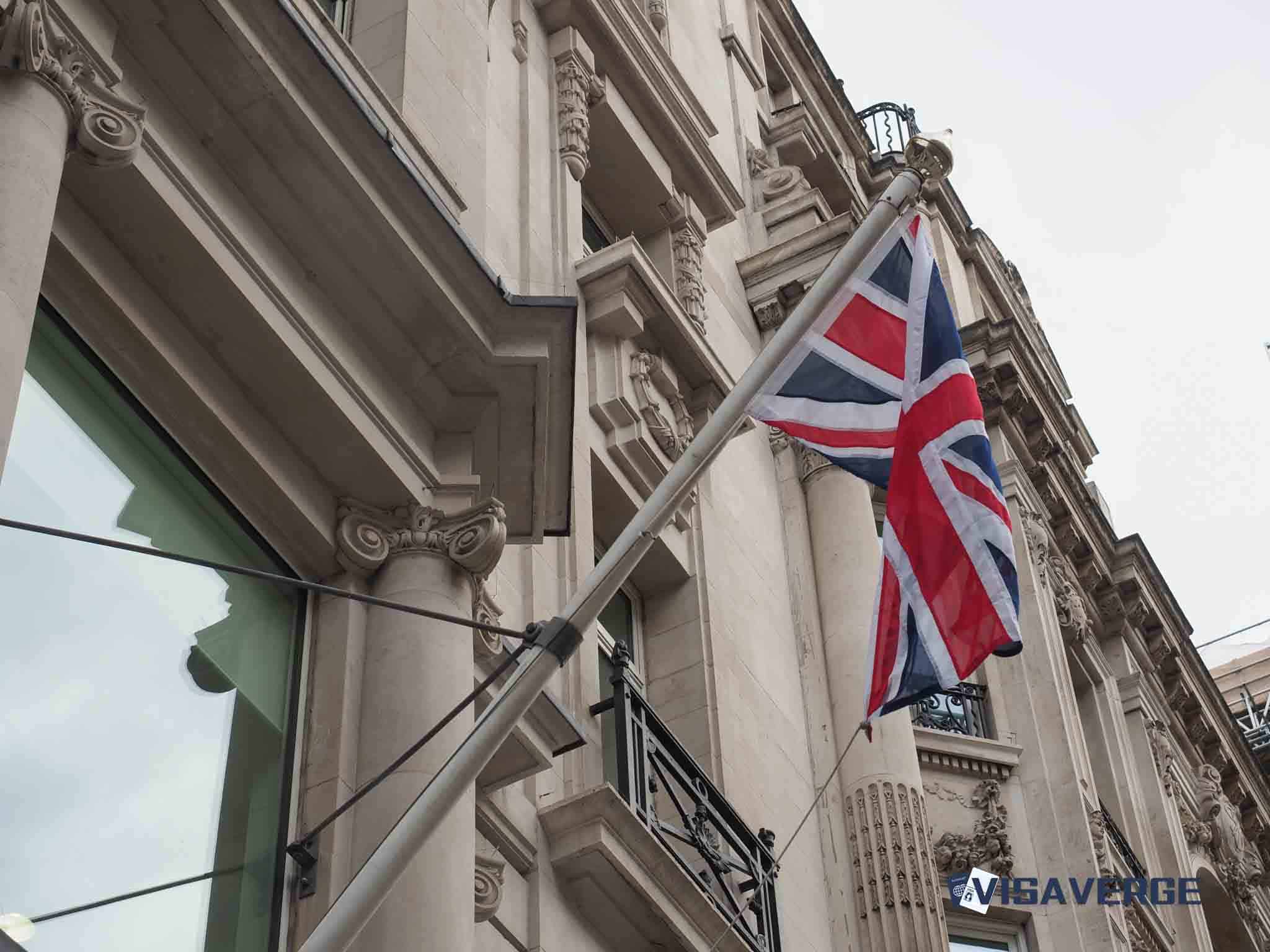
The heart of this proposal is the idea of return hubs—secure facilities located in third countries (countries that are neither the UK nor the asylum seeker’s home country). The main goal is to remove failed asylum seekers more quickly. These are people who have tried to stay in the UK but have had all their legal appeals turned down. According to details shared by the UK government, these return hubs will allow the authorities to send failed asylum seekers to another country before their final deportation, removing them from the UK immigration system.
Officials say this method will stop people from dragging out their stay by starting new legal claims or losing important documents while they are still in the UK. The hope is that doing this will make the deportation process faster and prevent last-minute delays. This kind of approach is not completely new, but the UK government stresses that their version is different from past attempts, especially from the recently scrapped Rwanda plan.
Why Is the UK Government Focused on This Now?
Pressure to reduce irregular migration has been building for a long time. Over 12,500 people have crossed the Channel so far this year, putting the UK on track for a new annual record. These crossings are a major political challenge for the Labour Party, which won office promising to take a tough, but realistic, approach to the issue. The government faces hard questions from the public and opposition parties about how it will deal with people-smuggling gangs and reduce the number of people arriving without permission.
Return hubs are now a major focus as ministers look for ways to control the system and show they are serious about tough border controls. These hubs are only one part of a broader package of efforts. Other recent steps include reducing the number of overseas care workers who can settle in the UK and tightening the rules for who can stay long-term.
Which Countries Are Involved in Talks—and What Has Been Their Response?
So far, the UK government has not shared the names of any countries that might host these return hubs. Reports in the media say that Albania 🇦🇱, Serbia 🇷🇸, Bosnia and Herzegovina 🇧🇦, and North Macedonia 🇲🇰 are among those being considered. These countries already play a role in European migration routes and have been included in discussions about hosting such facilities.
However, the proposal faces big challenges. When Prime Minister Starmer visited Albania, Albania’s Prime Minister Edi Rama clearly said his country will not host UK return hubs, stating: “We have been asked by several countries if we were open to it, and we said no… we are loyal to [our] marriage with Italy.” Albania has already agreed to a similar arrangement with Italy—but does not want to extend this to the UK. This outright rejection from Albania, a key partner in previous discussions about migration, shows just how difficult it will be for the UK government to make these offshore deals happen.
Other countries in the region have not made public statements about the talks. But finding countries that will agree to host failed asylum seekers from the UK is likely to be a slow and complex process. Many nations are wary of angering their own populations by hosting migrants for other governments, especially when those migrants have not been granted protection.
How Does This Compare to the Rwanda Plan—and Why Was That Scrapped?
The new return hubs plan is different from the Rwanda plan, which was created under the previous Conservative government. The Rwanda plan was designed to send all people arriving in the UK by irregular means (like small boats) straight to Rwanda, whether their asylum claim was still being considered or not. In effect, this meant people could have their claims processed abroad from the very start, or simply be resettled out of the UK system.
But the Supreme Court ruled in late 2023 that the Rwanda plan was unlawful, partly because people sent there might not be properly protected or could face risks. Analysis from VisaVerge.com suggests that public concern about the fairness of mass deportations and the lack of legal safeguards played a role in its downfall as well.
The new system is designed to avoid these legal problems by only targeting failed asylum seekers. That means people will only be sent to return hubs if they have used every legal route available to stay in the UK and have lost. Supporters of the plan say this is fairer, focusing resources on people who have no right to stay but are finding ways to delay removal.
How Would Return Hubs Work in Practice?
While full details are not yet public, here’s how the process would likely look based on what the UK government has shared:
- An asylum seeker applies for protection in the UK.
- If their claim is rejected, they can appeal through the official process.
- If they lose all appeals and still remain, they would be sent to a return hub in a third country.
- There, they would stay until final arrangements are made for their return to their own country or removal elsewhere.
This process is meant to stop common tactics used to stall deportation, such as suddenly “losing” identification documents or making last-minute appeals based on new personal circumstances (for example, starting a new family in the UK). By moving people out of the UK system as soon as all appeals are over, officials believe they can speed up removals and stop delays.
Who Is Affected—and How?
This proposal could have big effects on several groups:
- Failed Asylum Seekers:
For people who have lost all appeals, the return hubs could mean quick removal from the UK, possibly to a country they have never lived in before their final deportation. Even though the plan says it is “just a holding area,” it’s likely to feel like another step away from safety and stability for many. - Potential Future Arrivals:
The UK government hopes that this plan will scare off people from making dangerous Channel crossings if they think their chances of staying in the UK are not good. -
Local Communities in Host Countries:
If any third country does agree to host a return hub, there could be political tension or resistance from people who live there. Past experience in Europe has shown that such agreements can cause strong opposition. -
Lawyers and Advocacy Groups:
These return hubs could bring new legal cases, especially if people’s rights are not properly protected or if they are held for long periods. Close oversight will be needed to make sure the UK upholds its obligations under international law. -
UK Border and Legal System:
Moving failed asylum seekers out of the country quickly could save the system money and help clear backlogs. But it will also require new agreements and close work with other governments.
What Are the Political Responses?
Not everyone is convinced the plan will work. Conservative politicians have said they prefer even tougher action, and have criticized Labour for ending the Rwanda plan before a strong replacement was ready. The right-wing Reform UK party has also called for more direct action to stop Channel crossings, including forceful pushbacks at sea—measures most legal experts say are unlikely to be allowed under current laws.
Other critics say the focus on return hubs is risky because no country has yet agreed to take people from the UK. The lack of firm deals raises doubts about when, or even if, the plan can be put into action.
Meanwhile, supporters in the UK government stress that this plan is not meant to be a quick fix. Prime Minister Starmer has made clear these hubs are not a “silver bullet” and must be backed up by other steps, like working with police across Europe to break up smuggling gangs and updating rules for who can settle in Britain.
Context: What Led to These Changes?
Big shifts in UK immigration policy are often shaped by events beyond its borders. Record numbers of people around the world are moving to safety from conflict, poverty, or persecution. The pressures on Europe in recent years, including wars in the Middle East and Africa and economic troubles elsewhere, have forced leaders to rethink old migration rules.
Earlier attempts to use offshore processing (like the Australia 🇦🇺 Nauru model, or the Rwanda deal) have sparked heated debates. Some argue that sending people overseas for processing lets rich countries pass their responsibilities onto weaker or poorer nations. Others say it is needed to stop people smugglers and dangerous journeys that have led to many deaths at sea.
The UK government has made it clear that rising Channel crossings are unacceptable and that stronger action is needed. At the same time, court rulings, including the rejection of the Rwanda plan, forced ministers to look for new ways to balance public worries about border control with their obligations to protect those with genuine claims for safety.
How Might This Affect Future Asylum Policy Across Europe?
If the UK is able to make return hubs work, other countries facing similar pressures could look to copy the idea. However, strong pushback from potential host countries and careful court monitoring mean this approach will get close attention from human rights groups and international bodies. It will also test the UK government’s ability to make real changes after the failure of earlier plans.
European countries continue to struggle with how best to fairly review asylum claims while also deterring abuse of the system and stopping dangerous journeys. Negotiations like these often move slowly, and results depend on securing willing and stable international partners.
Key Points Compared: Return Hubs vs. Rwanda Plan
- Target Group:
Return hubs focus only on failed asylum seekers—those who have no legal right left to remain. The Rwanda Plan tried to send all irregular arrivals abroad, even before their claims were fully reviewed. -
Legal Status:
The Rwanda Plan was blocked by UK judges as unlawful. The return hubs plan is still under discussion, mostly because the exact arrangements and legal promises made to host countries are not yet clear. -
Location:
The return hubs would be in third countries yet to be decided. Rwanda was the only country set to receive people under the previous plan. -
Political Climate:
Both plans arose during peak times of irregular migration. But while Rwanda triggered court defeats and protests, the UK government hopes return hubs, aimed at failed claims only, will face fewer legal problems.
Conclusion and Next Steps
The UK government’s plan to use return hubs for failed asylum seekers could reshape immigration enforcement if it can secure suitable international partners. Ministers argue that this will make the system faster and act as a warning to those considering dangerous journeys. But big questions remain over whether any country will agree to host these hubs, and how the UK will protect people’s safety and rights while they wait to be removed. Political debate at home continues as alternative options—such as expanding legal routes or investing in international aid—are discussed.
The next steps will involve negotiating with potential partner countries and facing close legal and public attention on the fairness and impact of the plan. Whatever comes next, the debate will remain at the center of the UK’s approach to migration and border control.
For official, current information on the UK’s asylum process and removal procedures, you can visit the UK Home Office website at official UK government asylum and removal procedures. To stay updated on further policy shifts and in-depth analysis, VisaVerge.com is also a trusted resource for immigration news and policy updates.
Learn Today
Return hubs → Secure offshore facilities proposed for holding failed asylum seekers before their final deportation from the UK to their home country.
Failed asylum seekers → Individuals whose asylum applications and subsequent appeals have been denied, resulting in loss of legal right to stay.
Irregular migration → The movement of people across borders without legal permission or outside authorized immigration channels, often by dangerous means.
Deportation → The formal removal of a foreign national from a country after legal processes determine they are not permitted to remain.
Third country → A country that is neither the UK nor the asylum seeker’s country of origin; potential location for a return hub.
This Article in a Nutshell
The UK government is in early talks with several countries to establish ‘return hubs’ for failed asylum seekers. This marks a major policy shift under Prime Minister Keir Starmer. The plan, different from the Rwanda proposal, faces significant diplomatic challenges and legal scrutiny before any real implementation can begin.
— By VisaVerge.com
Read more:
• Charl Kleinhaus Exposed for Antisemitic Tweets After Asylum
• Reconciliation Bill would raise immigration fees for asylum applications
• Asylum Claims Drop as Canada Reevaluates Immigration Policy
• UK faces legal battle over deportation of asylum seekers to Bulgaria
• Asylum Claims May Cost Dutch State €100 Million




